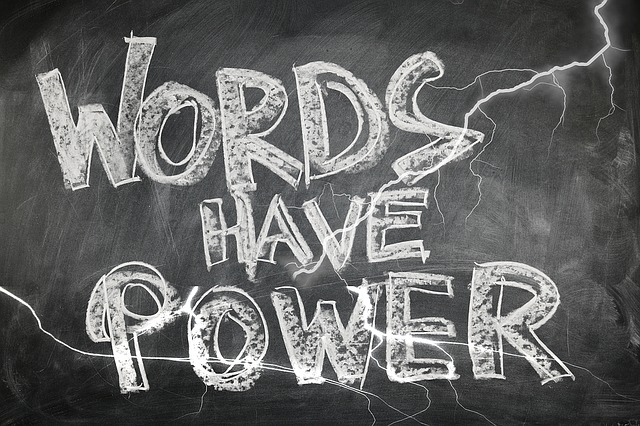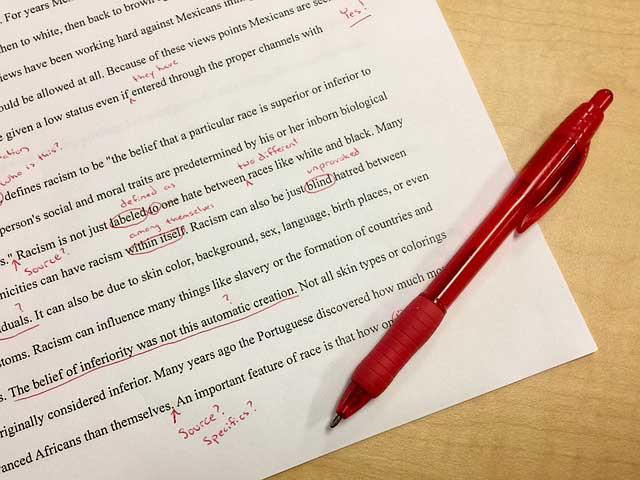How to Write a Body Paragraph: A Guide for Nonfiction Writers
The success of your nonfiction work greatly depends on how effectively you can engage your readers and keep them hooked from start to finish–and that’s where the power of well-structured and engaging body paragraphs comes into play. You see, the way you organize your paragraphs and present your ideas significantly impacts how your readers perceive…










